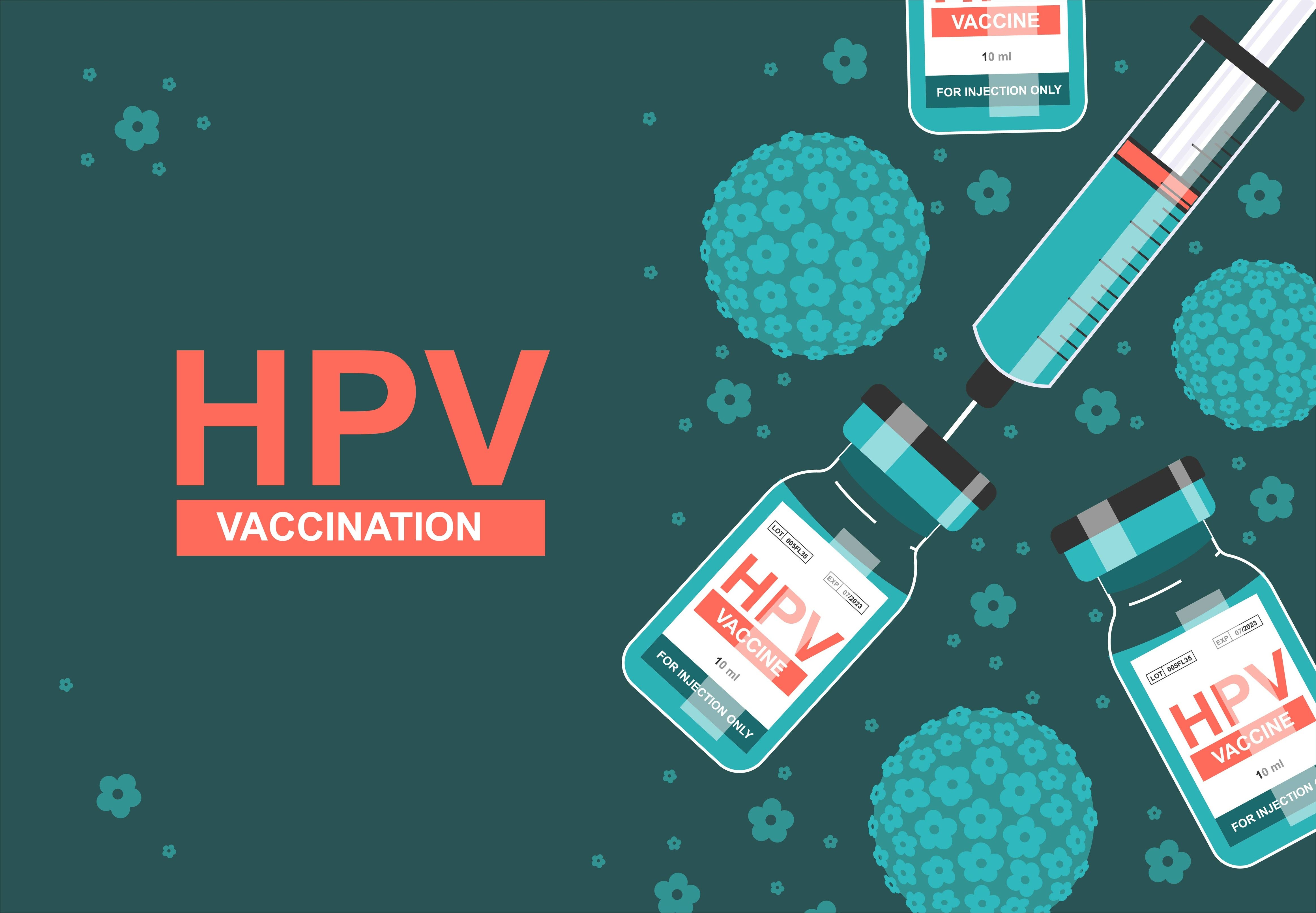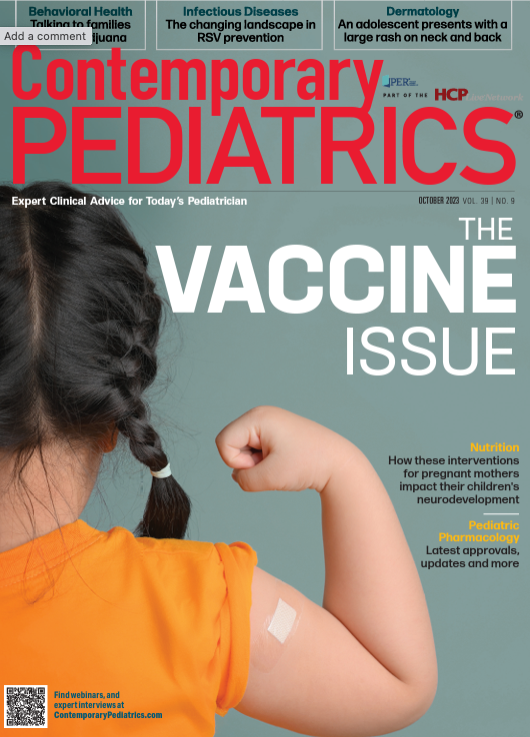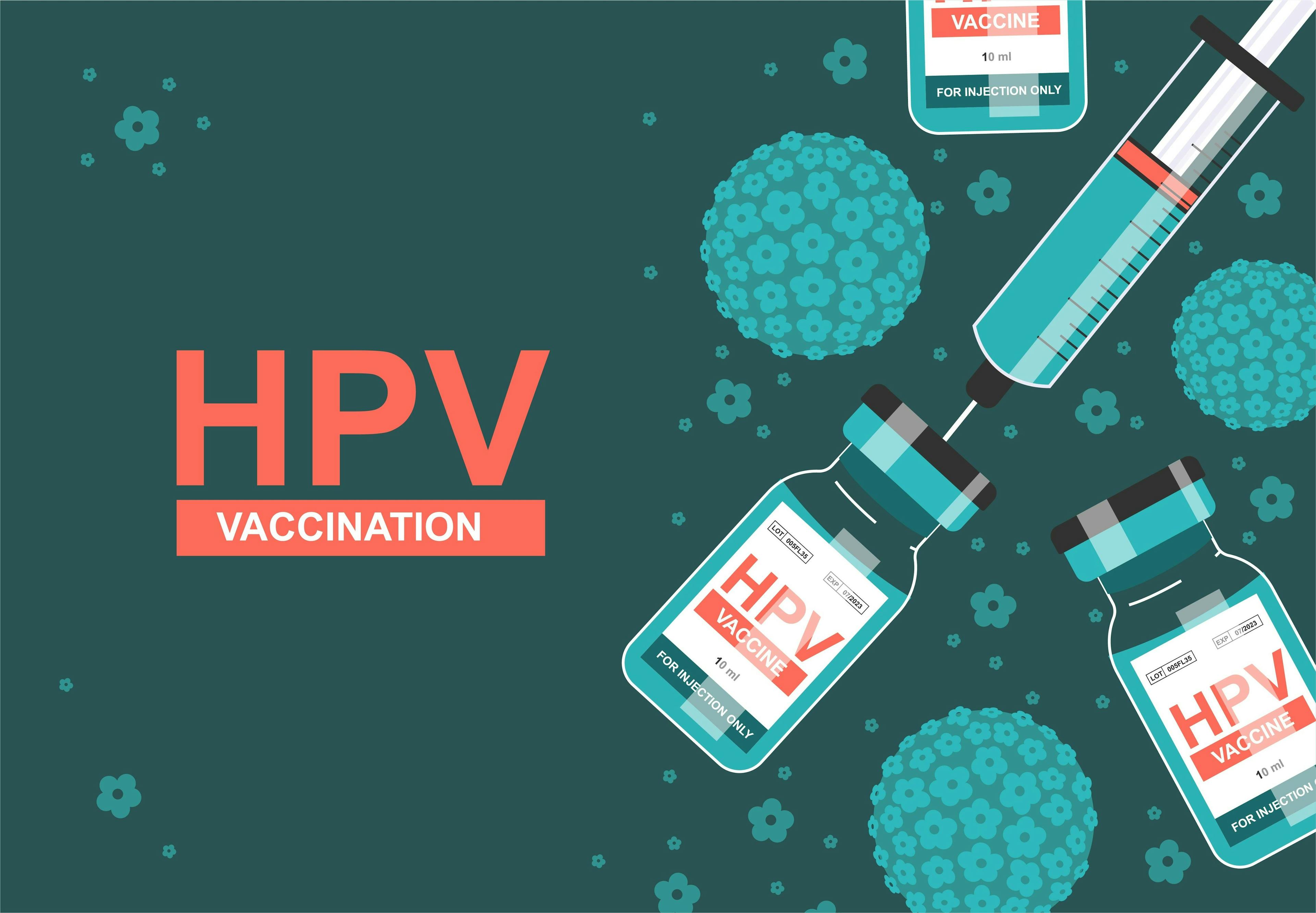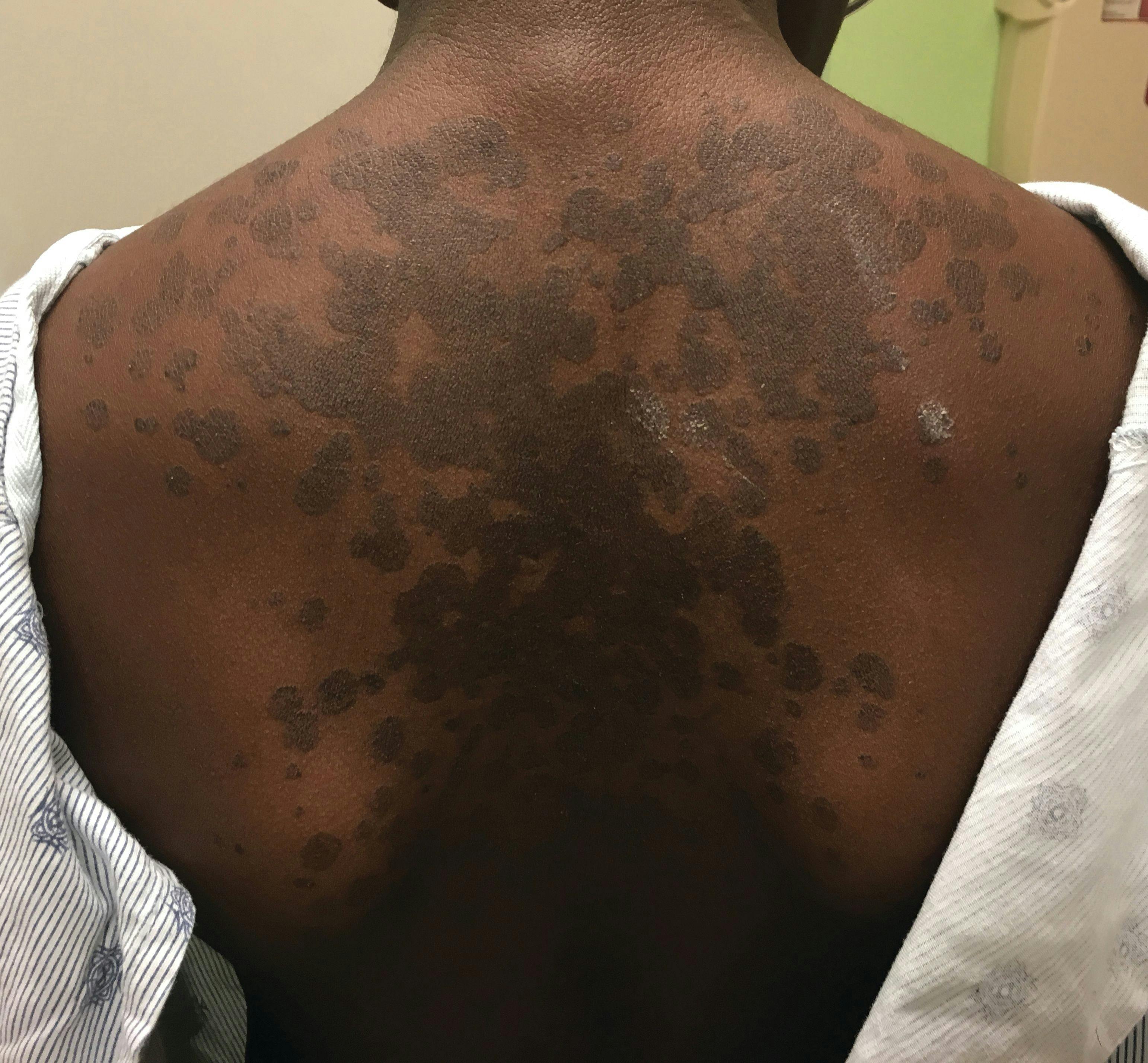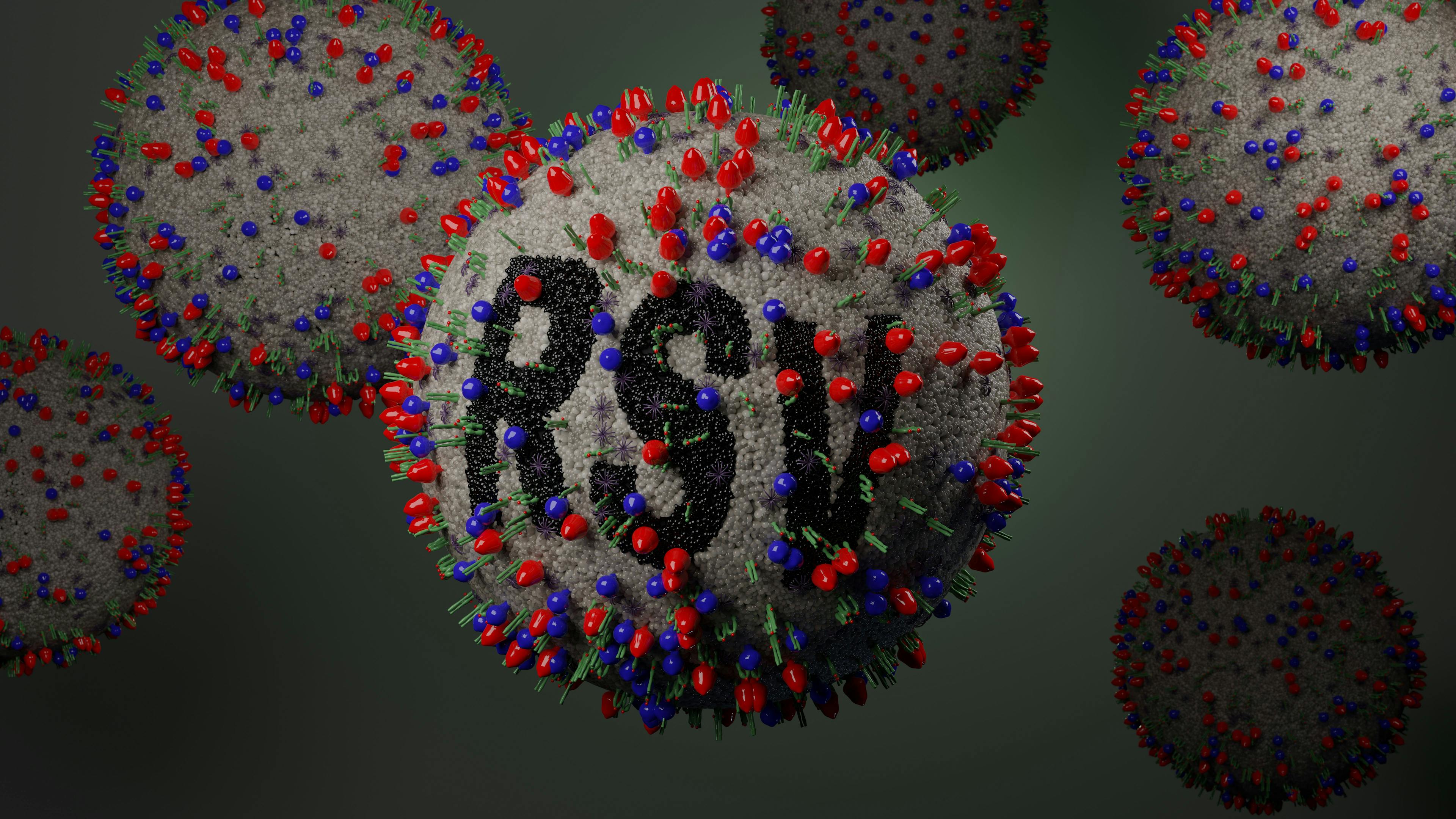Article highlights
- Parents' beliefs, like thinking their child is too young or not sexually active, deter HPV vaccination.
- Only 59% of U.S. teens are up-to-date on HPV vaccination due to concerns and stigmatizing beliefs.
- Parents with these beliefs rely on healthcare providers or social media, impacting doctor-patient discussions.
- Stigmatizing beliefs lead to lower confidence in discussing vaccines with doctors.
- Interventions like the HPVcancerFree app can provide accessible information, combating vaccine hesitancy.
Stigmatizing beliefs that parents hold about the human papillomavirus (HPV) vaccine could discourage them from pursuing information about the vaccine, according to results from a survey published in the journal Human Vaccines & Immunotherapeutics.
The authors noted that although vaccination against HPV is safe and highly effective, only 59% of teenagers in the United States are up-to-date on HPV vaccination. Besides financial concerns, vaccine safety concerns, and a low perceived risk of HPV infection, stigmatizing beliefs about the HPV vaccine remain a common barrier that affects parents’ decision-making.
The survey of 512 parents of vaccine-eligible children (girls and boys aged 11 to 17 years) was conducted at Texas Children’s Pediatrics, a network of 51 clinics in the greater Houston area. The average age of parents was 41 years. Participants were mostly women, White, college educated, and privately insured.
Despite 80.5% of parents having positive attitudes toward vaccines in general, 31.6% of parents listed “My child is too young” and 21.3% listed “My child is not having sex” as reasons for not yet vaccinating their child against HPV. Only 3.1% of parents listed “My child might think it’s OK to have sex” as a reason for delaying vaccination.
No statistically significant differences existed in mean self-efficacy scores between parents who did and did not endorse 1 of these 4 stigmatizing beliefs: “My child is too young,” “My child is not having sex,” “It might make my child think it’s OK to have sex,” and “If my child gets the HPV vaccine, he/she may be more likely to have sex.” On the other hand, parents who agreed or strongly agreed with the belief “My child is too young to get a vaccine for a sexually transmitted infection” were significantly more likely to report lower self-efficacy scores in speaking with their physician than parents who disagreed with the belief.
Two stigmatizing beliefs were linked to specific sources of information about the HPV vaccine. Parents who reported the stigmatizing belief “My child is not having sex” were much more likely to rely on health care providers as a source of information than parents who did not report this belief. But parents who reported the stigmatizing belief “It might make my child think it’s OK to have sex” were much more likely to use social media as a source of information.
Parents who hold the stigmatizing belief “My child is too young to get a vaccine for a sexually transmitted infection” may greatly benefit from educational materials they can consult without a physician. One helpful intervention is the HPVcancerFree app, which can raise awareness about HPV and reduce vaccine hesitancy by easing barriers to vaccination.
Findings from the current study are “significant because [they] further highlight the importance of doctor recommendations to all patients at recommended ages; doctor visits may represent one of the few opportunities to normalize HPV vaccination and address parents’ stigmatizing beliefs about the HPV vaccine,” the authors wrote. However, because only 29 of the 512 parents who participated in the study were men, results may not be generalizable to male parents.
Reference:
McKenzie AH, Shegog R, Savas LS, et al. Parents’ stigmatizing beliefs about the HPV vaccine and their association with information seeking behavior and vaccination communication behaviors. Hum Vaccin Immunother. 2023;19(1):2214054. doi:10.1080/21645515.2023.2214054











